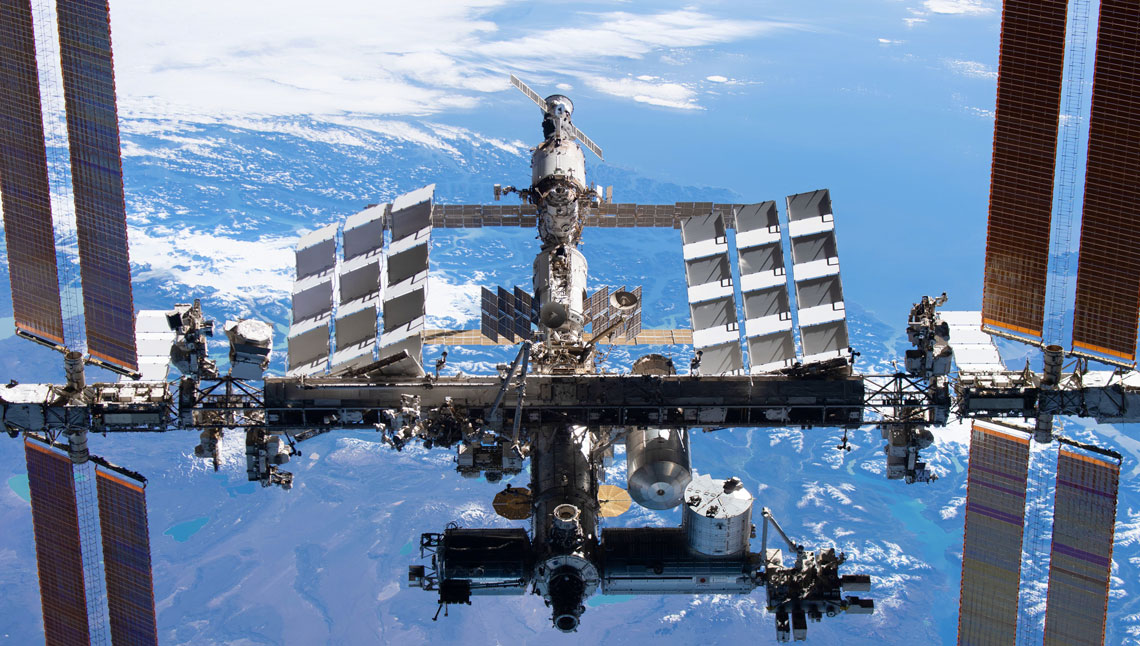
NASA
Experiment on the ISS indicated that it may be possible to reproduce in spaceNASAWhen times are hard here on Earth, do you ever dream of living in space? It might not be as pleasant as it seems. The lack of gravity can cause loss of bone and muscle density, vision problems, difficulty urinating, and erectile dysfunction. Another more recently identified problem is that after a spacewalk, probably due to atmospheric pressure, an astronaut’s fingernails often fall off — their suits are pressurized, but their gloves are not. The most widely accepted hypothesis is that the gloves, which have a tight layer of rubber to simulate atmospheric pressure, can cut off the blood supply, thus causing the nails to fall out. The issue should be somewhat alleviated by the new spacesuits created for the Artemis program, which aims to take the first woman and the first Black person to the Moon by 2025. At the International Space Station (ISS), which celebrated its 25th year of operation at the end of 2023, an experiment involving rodent embryos supports the possibility of humans and other mammals reproducing in space. Upon arriving at the space station in August 2021, the embryos were thawed and cultured under microgravity for four days. They were then returned to Earth and compared with embryos that grew in normal gravity conditions. The ISS embryos grew as expected, although their survival rate was lower than the embryos that remained on Earth (Space.com, October 31; iScience, November 17; ScienceAlert, November 28).
Republish